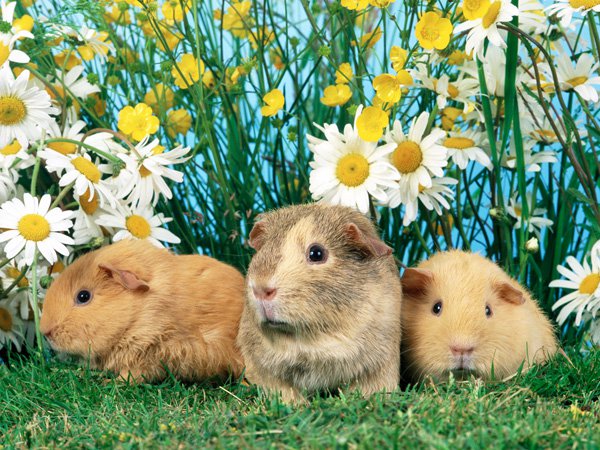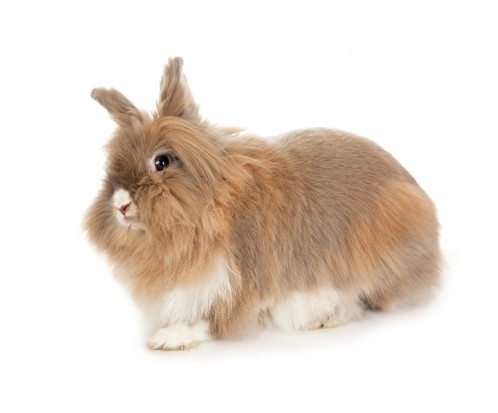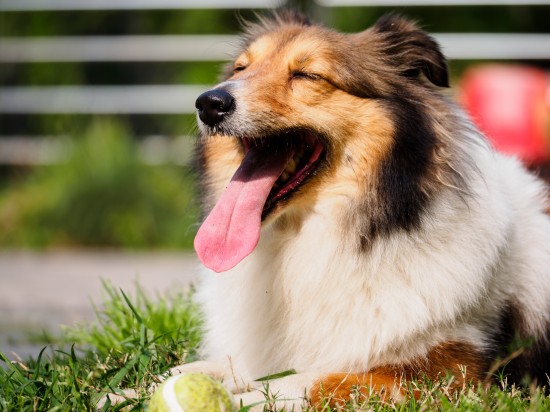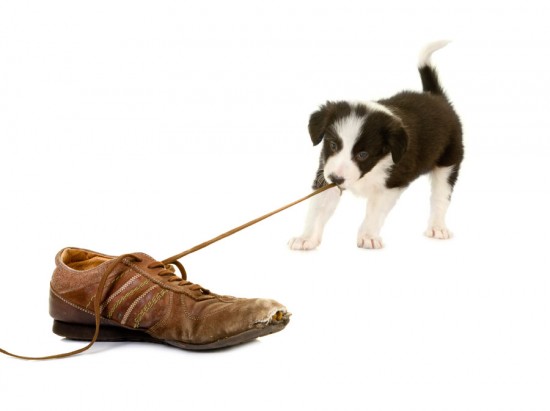Dairy cows are at a vulnerable state when they're between lactations. This is why a rest period is required in between, primarily because they will be more prone to nutritional issues at this time. The rest period is an important process in a cow's lactations because this helps to prevent health problems that may give serious problems to the cow's milk production and future lactations.
It is important to go through the proper drying-off procedure to prevent the emergence of diseases and infections such as mastitis and intramammary infections. It is generally recommended to first withdraw concentrates from the cow's ration for one to two weeks, and then afterwards to gradually stop milking. As drying-off goes, when the cow isn't milked for 18 hours or more, the milk glands will stop producing droplets of milk. This will reduce the size of the udder and will start the cow's dry period of 60 days. Be reminded that during this period the cow should be placed in clean and dry pens and is separated from the lactating cows.
During the dairy cow's dry period, we should take care to check for diseases and infections that the cows may develop. Three important things to check would be mastitis prevention, vitamin supplementation, and the cow's body condition.
Mastitis is one of the main concerns of the livestock owners. Mastitis is the inflammation of the creasts or udder, which is caused by infection. This is particularly troubling because it threatens the cow's milk production and lactation. To stop mastitis we begin by doing intramammary antibiotic treatment. This is to prevent udder infections during the start of the dry period and some other infections from the previous lactation. Check with the veterinarian for the right antibiotic product as well as the antibiotic sensitivity patterns for the mastitis agents in the cows.
Vitamin supplementation is also vital as cows in late pregnancy needs a big amount of vitamins, particularly vitamins A, D, E and selenium. Vitamin A helps in preventing premature and stillborn calves and retained placenta, while vitamin E and selenium helps to enhance the body's defenses from infectious agents. A balanced vitamin supplemented diet is needed during the cow's dry period.
Pregnancy and lactation, reproduction and milk production, takes a considerable toll on the cows. They also have a reduced dry matter intake for the first two months of lactation. This is why the cows must have stored body fat as a source of reserve energy, especially during this period.
Lactating cows usually use about 1 kilogram of stored fat each day to produce 7 kilograms of milk. If the cow uses up more than one kilogram, especially in the first 14 days of lactation, ketosis may occur because of the fat that is accumulating in the liver. The interval to the conception will be longer than normal in this case.
To be know more about your cow's vitamin supplementation and balanced feed intake, always refer to your veterinarian and learn how to evaluate and balance dry cow rations. Dairy cows have become vital in our daily lives that their health problems are also our problems, which makes these prevention methods a must.

 How do you know if your dog or cat has allergy problem? Here are signs
How do you know if your dog or cat has allergy problem? He
How do you know if your dog or cat has allergy problem? Here are signs
How do you know if your dog or cat has allergy problem? He
 Washington dc dog training
Washington dc dog training
Do you adore Dogs?
Washington dc dog training
Washington dc dog training
Do you adore Dogs?
 Showing Rabbits
Showing Rabbits
Showing Rabbits
Showing Rabbits
 Information About Dogs And Their Mouth Bacteria
Information About
Information About Dogs And Their Mouth Bacteria
Information About
 Caring For Your Pet In A Difficult Economy
Caring For Your P
Caring For Your Pet In A Difficult Economy
Caring For Your P